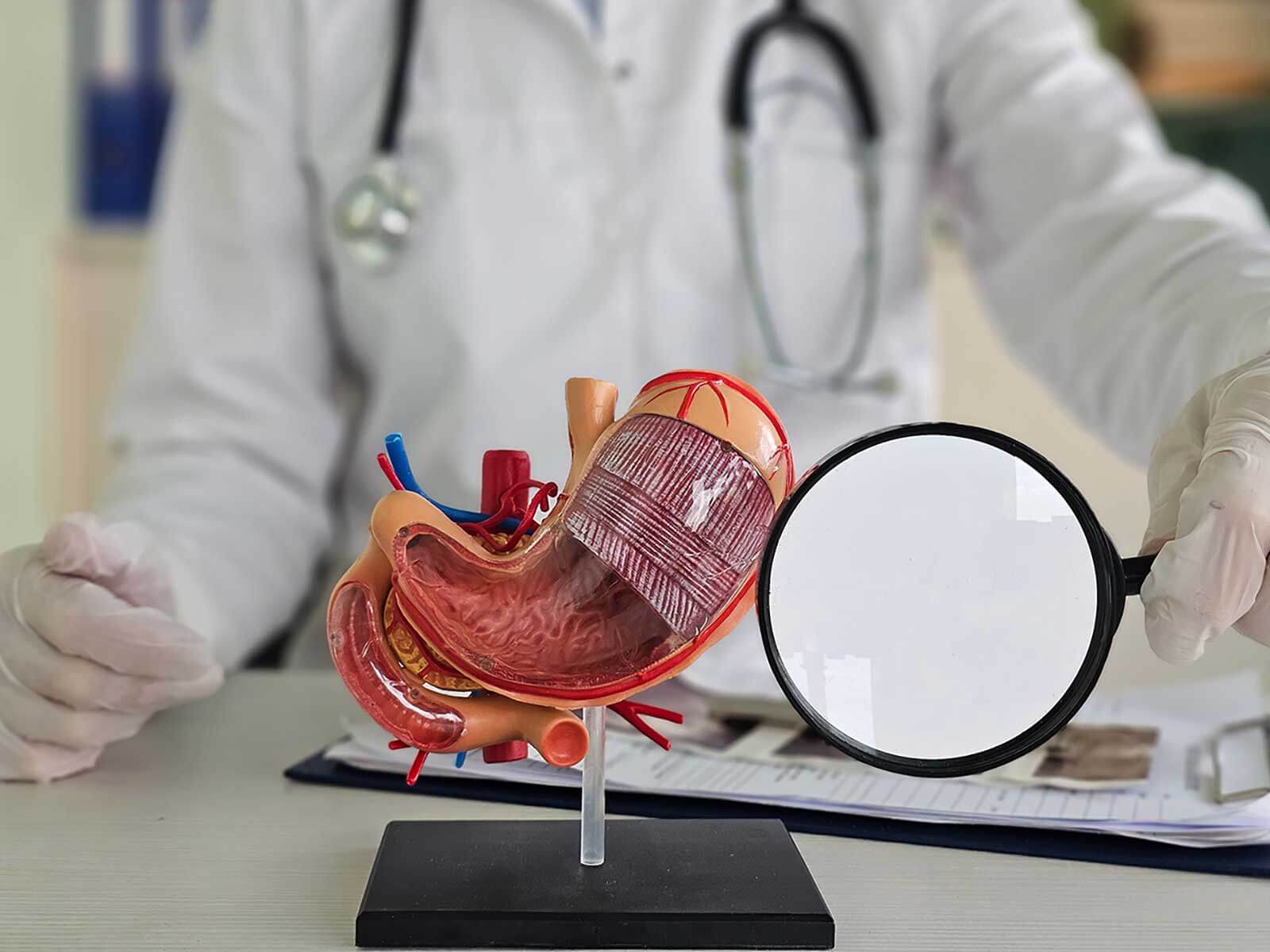
Without bleeding Gastric erosion no active bleeding, small, shallow sores of the stomach lining. All these erosions are typically revealed in an upper endoscopy and reveal mild damages that are yet to be corrected to avoid further development.
The symptoms can be mild up to moderate and they may include:
The stomach lining may become irritated through a number of factors that cause it to erode:
We treat gastric erosion without blood loss at our Cypress team, provide individual care plans, innovative tests, and effective treatment, which will see your stomach lining treated within a short period of time. You can also receive the relief you need using on-site endoscopy and breath testing that is only available in the state-of-the-art technology and with compassionate care. Waiting until the symptoms deteriorate is unnecessary: make an appointment and the first step to digestive health in the long-term.
We've successfully treated more than 1.5K patients, helping individuals improve their digestive health and overall well-being through expert, personalized care.
With over 20 years of experience, GastroDoxs has been a trusted provider of gastroenterology care, focusing on delivering the best outcomes for patients
Gastric erosions are superficial ruptures of the stomach wall, but only the surface layer is involved and ulcers penetrate deeper into the stomach wall and run a greater risk of complications including bleeding or perforation.
Yes. Since the bleeding is not active and there is no gastric erosion in the absence of bleeding, there is usually no deviation in the hemoglobin and other blood count numbers.
The diagnosis is typically to undergo an upper endoscopy where your specialist will be able to visually examine the lining of the stomach and either rule out or confirm the presence of erosions and conduct H. pylori-tests where necessary.
Some natural remedies like aloe vera juice, deglycyrrhizinated licorice (DGL) and the use of chamomile tea could be utilized to calm the stomach lining, but you need to consult your doctor on such use.
To lessen the irritable effect of the stomach, omit spicy foods, objects made greasy or fried, citrus fruits and juices, coffee and alcoholic drinks, until your stomach lining has been healed.
Most gastric erosions can be treated and healed in 4 to 8 weeks although this may take longer depending on the cause and compliance with diet and prescription drugs.
Yes. Not all such gastric erosions result in symptoms; however, without symptoms, it is best that they be treated in order to stop the development of deep ulcers and more severe complications.
The endoscopy may be suggested when your symptoms do not change, there are possibilities of complications or the test results were positive on H. pylori but your medical practitioner will decide on whether or not you will require an endoscopy on your case.
A specialist should be sought in case of frequent upper abdominal pain, indigestion, unexplainable weight loss, taking NSAIDs regularly, and experience of new gastrointestinal symptoms.
In the first appointment, the specialist will take a look at your medical history, explanations about your symptoms, including any required examinations or tests, and develop a unique plan to treat and follow up with you to have your stomach lining healed.